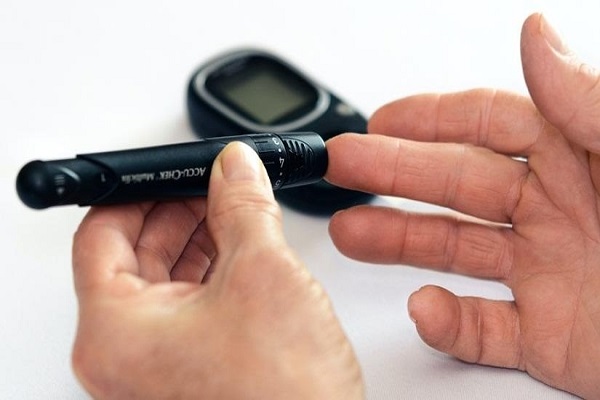
Follow us Now on Telegram ! Get daily 10 - 12 Interesting Updates. Join our Telegram Channel https://t.me/OhWomen
Download Telegram App before Joining the Channel
The risk of type 2 diabetes is more than halved by weekly injections of the new obesity drug semaglutide, which was recently approved in the US and has been provisionally approved in England, says a new study.
The researchers of the study, to be presented at the annual meeting of the European Association for the Study of Diabetes (EASD), said semaglutide reduces the future risk of diabetes by over 60 per cent in patients with obesity.
"Semaglutide appears to be the most effective medication to date for treating obesity and is beginning to close the gap with the amount of weight loss following bariatric surgery," said researcher W. Timothy Garvey from the University of Alabama at Birmingham in the US.
Obesity is known to increase the risk of type 2 diabetes at least six-fold and the team was interested in understanding whether semaglutide could reduce this risk. To learn more, they conducted a new analysis of the data from two trials of semaglutide.
In STEP 1, 1,961 overweight or obese participants received an injection of 2.4 mg of semaglutide or a placebo weekly, for 68 weeks.
STEP 4 involved 803 participants with overweight or obesity. All received weekly injections of 2.4 mg semaglutide for 20 weeks. They then either remained on semaglutide or were switched to placebo for the next 48 weeks.
In STEP 1 participants receiving semaglutide, 10-year risk scores for type 2 diabetes decreased by 61 per cent (from 18.2 per cent at week 0 to 7.1 per cent at week 68). This compares to a 13 per cent reduction in risk score for those given the placebo (17.8 per cent at week +0 to 15.6 per cent at week 68).
In the STEP 4 participants, the largest decreases in risk scores were seen in the first 20 weeks (from 20.6 per cent at week 0 to 11.4 per cent at week 20). In those who continued receiving semaglutide, the risk score decreased further to 7.7 per cent but in those who were switched to placebo, it rose to 15.4 per cent.
Source-IANS